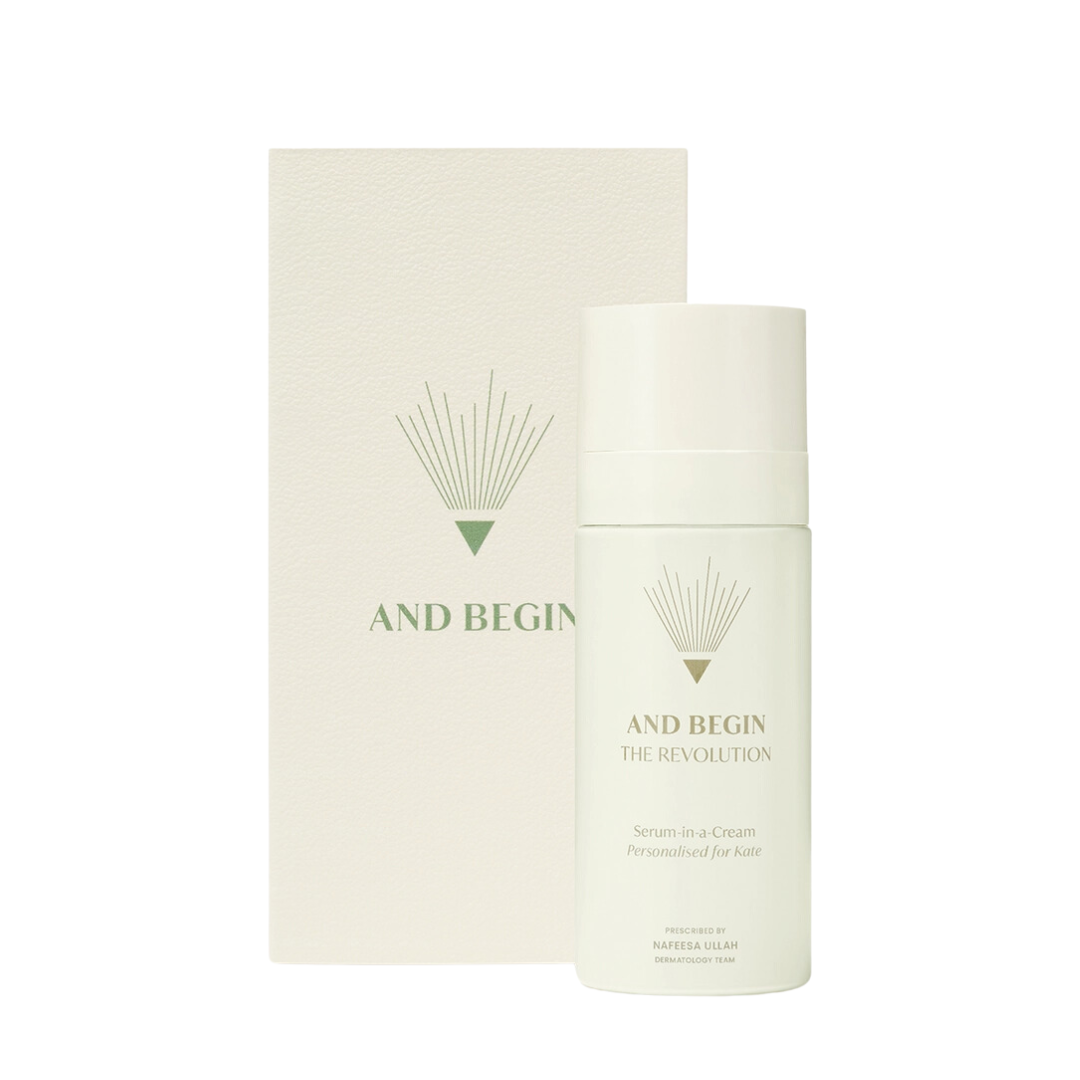The new EU Retinol Regulations - what does this mean for you?
Retinol (or to take it wider retinoids) which is also known as Vitamin A is both a gold standard skin care ingredient and one that easily creates a lot of apprehension and confusion. I talk to a lot of women, especially Black women who know what it is but have a very real fear of including it in their skincare regimen. It’s a hardworking ingredient for plumping fine lines, fading hyperpigmentation, tackling blemishes and controlling oil. It really can make a noticeable difference to the quality of your skin.
Retinols are an extremely popular ingredient and have gained more popularity over recent years, seeing a big growth boom because of social media. It is this that is concerning European Union (EU) regulators and they have proposed new regulations to limit their use.
The new regulations are designed to restrict the concentration of retinol in over-the-counter products i.e. the products you can buy straight off the shelf. This includes serums, moisturisers and body lotions. Hand and face products will only be permitted up to 0.3% pure retinol whilst body lotions can have up to 0.05%. Further Vitamin A derivatives - Retinyl Acetate, Retinyl Palmitate - are also subject to regulatory change.
Why have they decided to crackdown?
Because they are concerned about the risk of exposure to Vitamin A which the regulators say can have a detrimental effect on health. Regulators at the EU have found two potential problems with excessive retinol use. Note that, we said excessive.
First is the risk that when used at high strength, retinol can cause irritation and compromise the skin barrier. However, this risk is widely known and is managed generally very well with skincare. This risk only becomes a reality when retinol is used incorrectly.
Secondly regulators are concerned that overuse of retinol also causes problems for our general health in respect that applying retinol to the skin topically will increase our overall intake of vitamin A, given that it’s also found in food and supplements. Excess Vitamin A in the body can create toxicity which in some cases damage the liver and our nervous systems. However, again the key word here is excessive because the amount of retinol absorb through the skin is low to significantly create episodes of toxicity.
Stop, don’t bulk buy!
Before you add multiple retinol products to cart, know that there is a period of three year grace period before the regulations are enforced. Also some products have an expiry date so could easily go off before you start using them.Though, you will see some brands trying to stay ahead of the game by ensuring their products are compliant now. So if you’ve noticed the retinol percentage in your favourite brand decrease, this is why.
You will also notice new product labelling - mainly in regards to informing you of the inclusion of Vitamin A and that they contribute to your overall daily vitamin intake.
Alternatives and New Options
Just because the percentage of retinol is being reduced doesn’t mean the product is no longer effective. A gentler retinol is just as good, especially of you’re just on a skin health maintenance programme. Higher strength doesn’t always equal more benefits.
Retinal (another type of retinoid) is still available to use, it’s comparable and just as effective. Many brands are using retinal in their formulations as it’s generally accepted to have less potential for irritation.
Peptides are also an option that stimulate collagen in the skin. As is Bakuchiol which can offer similar benefits to retinol.
Lastly, if you do need high strength retinoids, prescriptions will always be available on assessment from your dermatologist or from online services such as And Begin, Dermatica and Skin & Me.




